What Makes a Text Sacred?
“What Makes a Text Sacred?,” John Pairman Brown’s presentation for the Friends of GTU’s Flora Lamson Hewlett Library in 1993, gave rise to a series of explorations of sacred texts. Each year since then, the Friends have invited a speaker with a particular connection to a “sacred text,” written or oral, traditional or new, within a canon of scriptures or drawn from outside a religious tradition. The presentations, held each spring, provide fresh insights into the words that shape our sense of the sacred. They are open to the general public as well as to the GTU community.
Previous Lectures:
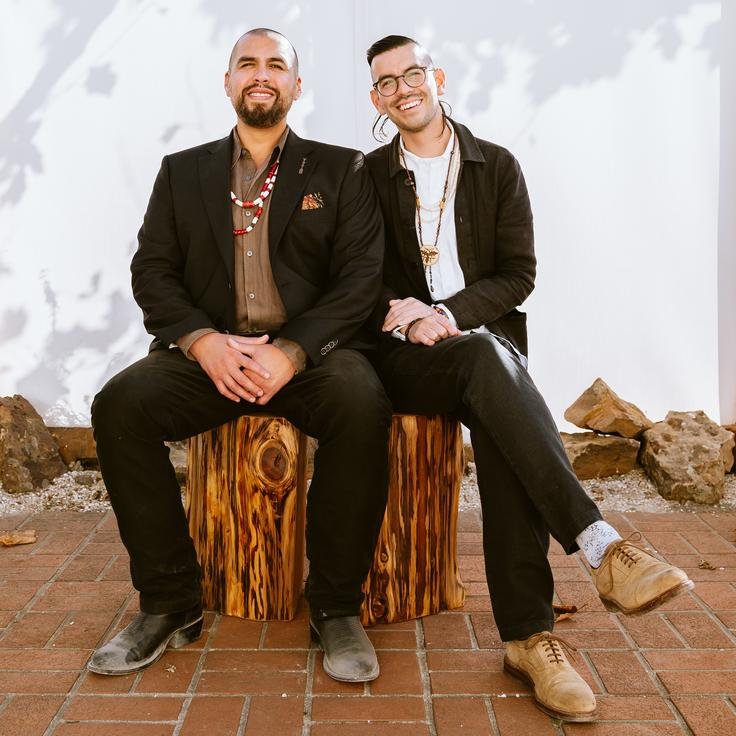
March 8, 2024 Keynote Vincent Medina and Louis Trevino, began the event with "holše mak-nuunu —Our Culture is Beautiful: Cafe Ohlone and the ‘oṭṭoy Initiative." Requesting not to be recorded, the presentation wove food as one aspect of the indigenous culture. Medina remarked that their language had no word for famine, only for there being more than enough for everyone. He concluded by asking that the Ohlone, considered “extinct for all practical purposes” by 20th century anthropologists and government agencies, always be spoken of in the present tense. Medina, East Bay Ohlone, and Trevino, Rumsen Ohlone, co-founded mak-‘amham, an organization and restaurant focused on reviving and strengthening traditional Ohlone foods and sharing them with their communities, and educating the public of Ohlone culture through cuisine. Founded in September 2018, Cafe Ohlone moved from its University Press Books location in Berkeley to outside the Hearst Museum at UC Berkeley in August 2022. Presentations (follow links to videos) The annual Reading of the Sacred Texts event was introduced by Jennifer Davidson, Dean and Vice President for Academic Affairs. The Library Director Beth Kumar served as Master of Ceremonies. Oryoki: Ritualized Zen Eating Practices, Rev. Gesshin Greenwood, Communications & Admissions Director, Institute of Buddhist Studies Catholic Saints: Their Feasts and Foods, Dr. Chris Renz, OP, Academic Dean & Professor of Liturgical Studies, Dominican School of Philosophy & Theology Food Insecurity, Islamic Charity, and Giving for the Sake of God, Dr. Munir Jiwa, Founding Director, Center for Islamic Studies and Associate Professor of Islamic Studies and Anthropology, GTU Shi’i Inscribed Votive Food, Zeinab Vessal, Ph.D. Student, GTU Gathering Ingredients: Mormon Women and the Recipe for Backstage Rites, Kristine Wright, Ph.D. Candidate in the Department of Religion, Princeton University Dining with the Dead: Meals as Mortuary Ritual in Judean Bench Tombs, Dr. Aaron Brody, Professor of Bible & Archaeology, Director of the Badè Museum, Pacific School of Religion Food and Fulfillment in Jewish Practice, Dr. Deena Aranoff, Director of the Richard S. Dinner Center for Jewish Studies & Senior Lecturer in Medieval Jewish Studies, GTU The event was funded in part by an ATLA Library Impact Grant.
|
|
Video can be viewed on Vimeo or GTUX In an online lecture, Rev. Dr. Justin Sabia-Tanis examines the Tarot deck as a mirror, reflecting back insights about ourselves and even offering glimpses of the future. The illustrations and interpretations of traditional cards, however, are rooted in a white, patriarchal, heteronormative mindset; for those who do not fit this mold, this can obscure their meaning and limit their liberative potential. Enter: queer artists who have re-envisioned these decks, with new, enlivening meanings and beautifully illustrated images that reflect a queer sensibility and a drive towards justice. How does “queering” the tarot help point our way to greater freedom and deeper spiritual insight?. Rev. Dr. Justin Sabia-Tanis is an assistant professor and director of the Social Transformation program at United Theological Seminary. He earned his PhD from the GTU and a DMin from San Francisco Theological Seminary. For additional information, see his biographical entry here.
|
|
Chaplain and author Vanessa Zoltan explores how secular writing can be interpreted as sacred. She applies this view to a brief passage from the Harry Potter series, examining the few sentences as one would a verse from a sacred work. Zoltan is the author of Praying with Jane Eyre: Reflections on Reading as a Sacred Practice (2021). She is CEO and Founder of Not Sorry Productions, which produces the podcasts Harry Potter and the Sacred Text, Hot & Bothered and The Real Question. An atheist chaplain, she runs pilgrimages and walking tours exploring sacred reading and writing. She is a graduate of Harvard Divinity School. |
|
March 10, 2021 This lecture (postponed from 2020) explores the healing, protective, and mnemonic capacity of music as used in the context of religious pilgrimage. In the 12th century, Godric, known as ‘the Hermit saint of Finchale’, gave up his life as a merchant seaman to embark on a lengthy pilgrimage. He eventually settled in Durham, England, where he befriended wild animals and lived an ascetic and contemplative life. He had mystical visions that prophesized the murder of Thomas Becket, to whom he served as an advisor. At another time, the Virgin Mary gave Godric a hymn to be used when healing or protection was sought. The music was recorded on paper and bound into manuscripts at points where his vision is recounted. Recently, Guy Hayward and Will Parsons, who co-founded the British Pilgrimage Trust in 2014, have been traveling with Godric’s Marian hymn and others, singing the songs in community as part of interreligious ritual praxis. Art historical and ethnographic methods are employed in order to posit a trans-temporal approach to Victor and Edith Turner’s idea of communitas-through-culture, which serves to highlight the integral role of music in translating the pilgrimages of the past into the present. Music, I argue, can be understood as ‘Canterbury water’ for the 21st century. Kathryn Barush is the Thomas E. Bertelsen Jr. Associate Professor of Art History and Religion at the Graduate Theological Union and the Jesuit School of Theology of Santa Clara University. She received her doctorate in the History of Art from the University of Oxford and has held previous positions at the National Gallery of Art in Washington, DC and at the Yale Center for British Art. She is the author of Art and the Sacred Journey in Britain, 1790 – 1950. Her book, Imaging Pilgrimage: Contemporary Art as Embodied Experience (London: Bloomsbury Visual Culture), is forthcoming. |
|
Drawing upon her life time of work introducing sacred dance in a variety of settings, including a broad range of liturgical and peace gatherings, De Sola will recount how she draws inspiration from biblical sacred texts, sacred texts from nature and the urgings of our life. She draws upon prayer and improvisation, integrating body, soul, mind and spirit to illuminate what she envisions as the movement behind the word. Her presentation will include both lecture and demonstration, as well as video excerpts of her dances, including simple experiential movement prayers. Carla De Sola, a pioneer in liturgical dance, has a Diploma from the Juilliard School, Dept. of Dance, and a Master’s Degree in Theology and the Arts from the Pacific School of Religion (PSR), Graduate Theological Union (GTU). She founded the Omega Liturgical Dance Company at the Cathedral of St. John the Divine, New York City, in 1976, and currently directs Omega West Dance Company in the Bay Area. De Sola has taught classes through PSR and the Center for the Arts, Religion & Education (CARe) from 1990 – 2017, as well as offered workshops and created liturgical dances for most all of the GTU schools. |
|
April 4, 2018 How—with what legitimacy, rationale, skill, and effect—can we address fresh questions to our sacred texts? A certain strand of scholarship has valorized objectivity on the part of readers, strict attention to original historical contexts. And yet we also know from the arts that those who create such texts are deeply responsive to changing times. Our eyes and ears will not perceive quite the same world as did the authors of our texts. With the assistance of some hermeneutical tenets to guide interpretation, we will read one scene featuring Priam and Achilles from Homer’s Iliad book 24 and another of David and God narrated in the Hebrew Bible/Old Testament’s 2 Samuel 5-7, viewing also a Baroque artwork of God and David. Since both scenes involve the workings of compassion, we will engage the question of our own capacities to read such material help or hinder us, and how deep texts may prompt compassion in us. Barbara Green, OP is Professor of Biblical Studies at the Dominican School of Philosophy and Theology at the Graduate Theological Union. |
|
Stephen A. Crist delivered the 25th Annual Reading of the Sacred Texts on March 9, 2017, in the Dinner Board Room. Crist is Professor of Music History at Emory University. His publications on J.S. Bach and his contemporaries, early Lutheran hymnody, and jazz in the 1950s and 1960s have appeared in many books and journals. He is past president of the American Bach Society and the Society for Christian Scholarship in Music. His book on Dave Brubeck's iconic 1959 album Time Out is forthcoming from Oxford University Press. As 2017 is the 500th anniversary of Martin Luther's 95 Thesis, this is an opportune moment to consider the legacy of Lutheran hymnody during the past five centuries. The lecture will focus on the origins and reception of the famous Passiontide hymn "Herzliebster Jesu," which was written during the Thirty Years War (1618-1648). The hymn was subsequentially used in J.S. Bach's St. John and St. Matthew Passions during the 1720s. The hymn entered British and American hymnody in the late 19th century, through Robert Bridges' translation as "Ah, Holy Jesus, How Hast Thou Offfended" in the Yatterdon Hymnal (1897). As representative examples of this hymn's broad reach and current resonances, Crist will examine settings by organist Pamela Decker (2005), choral director John Ferguson(1991), and the singer-songwriter and multi-instrumentalist Sufjan Stevens (2012). |
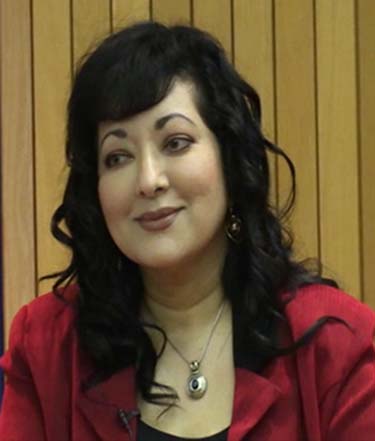
February 25, 2016
|
March 11, 2015 |
  March 3, 2014 March 3, 2014Two Books: The Universe and the Bible Ted Peters and Robert John Russell Robert John Russell, Director of the Center for Theology and the Natural Sciences, and Ted Peters, Emeritus Professor of Systematic Theology and Ethics at Pacific Lutheran Theological Seminary, delivered the 22nd Annual Reading of the Sacred Text. The lecture asks the question: How can we respond to the challenges of reductionism and atheism and bring the two books back together into a “Theology of Nature” that uses the method of “Creative Mutual Interaction” (CMI) between natural science and Christian theology? |
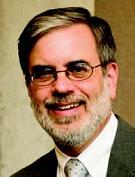
March 13, 2013 |

March 14, 2012 |
|
|
|
|
|
|
|
|
|
|
|
|
|
|
|
|
|
Rabbi Lawrence Kushner, widely regarded as one of the most creative religious writers in America, presented the 2003 Reading of the Sacred Texts. Through his lectures, articles and 11 sophisticated, accessible books on Jewish spirituality and mysticism, Rabbi Kushner has helped shape the present agenda for personal and institutional spiritual renewal. His most recent book is Jewish Spirituality: A Brief Introduction for Christians, and he is now serving scholar-in-residence at the Congregation Emanu-El of San Francisco. Rabbi Kushner has said "Your degree of religious tolerance is a barometer of your spiritual development." |
|
February 12, 2002 Considered to be Europe's leading feminist New Testament scholar, Dr. Schottroff is the author of the ground-breaking Lydia's Impatient Sisters: A Feminist Social History of Early Christianity. Her careful documentation of the first generation of Christian women provides testimony to the courage and spirit-filled possibilities of the early church, and offers an illuminating methodology for how we might understand the Bible as a source of life-giving power for the everyday lives of women. |
|
|
|
February 1, 2000 |
|
February 1, 1999 |
|
February 1, 1998 |
|
|
|
|
|
February 1, 1995 |
|
February 1, 1994 |
|
February 25, 1993 |

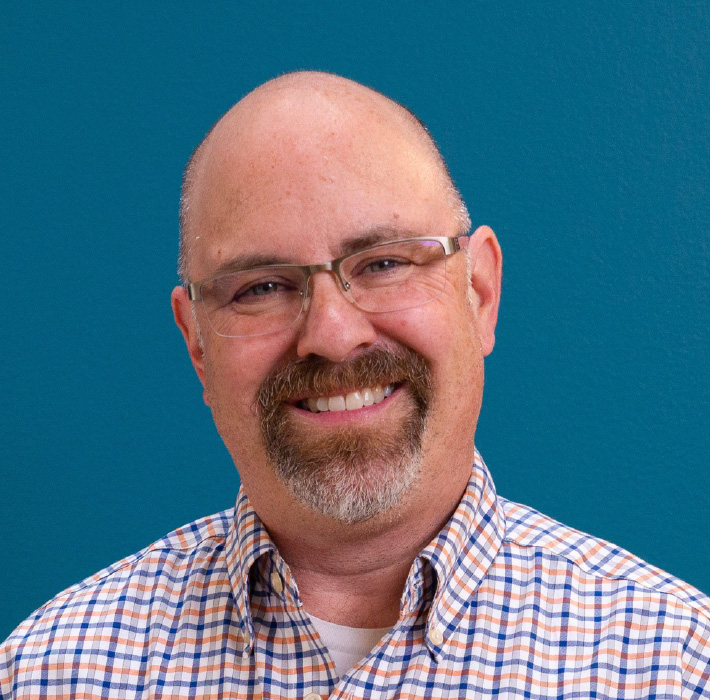 March 22, 2023
March 22, 2023 April 6, 2022
April 6, 2022
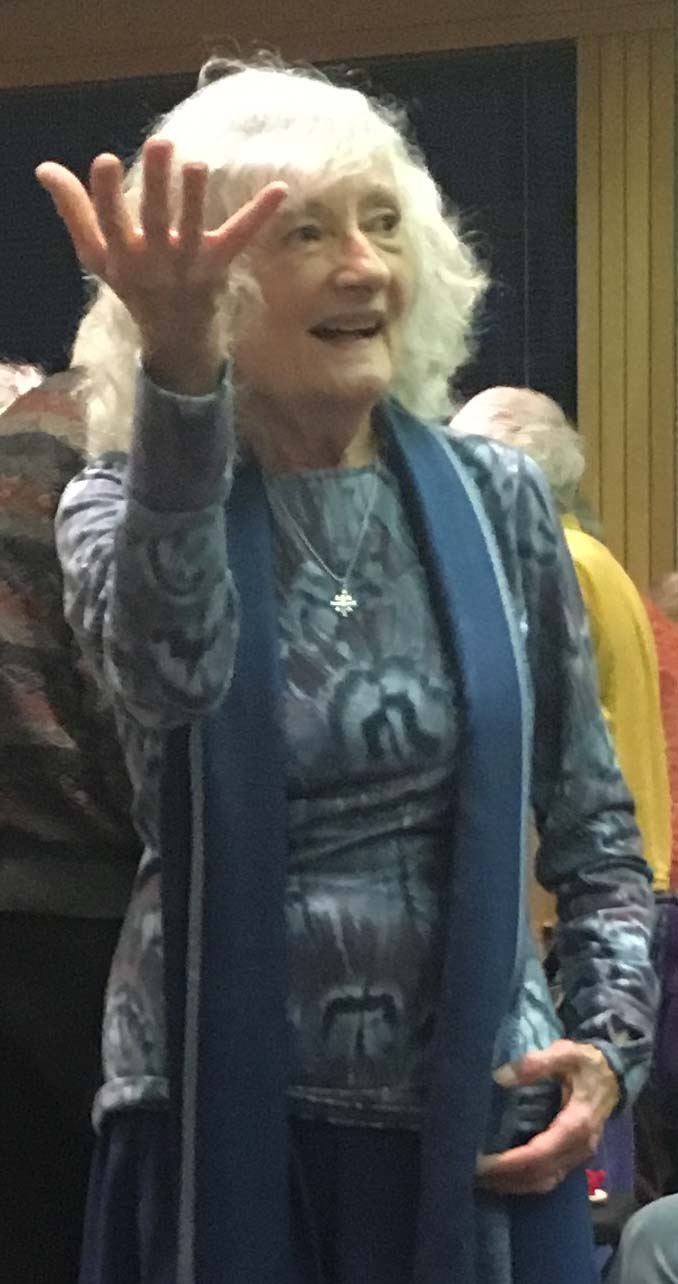 March 13, 2019
March 13, 2019
 March 9, 2017, 6:30 pm
March 9, 2017, 6:30 pm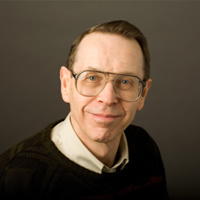 March 16, 2011
March 16, 2011 February 10, 2010
February 10, 2010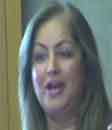 February 11, 2009
February 11, 2009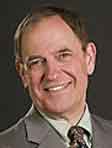 February 13, 2008
February 13, 2008 February 14, 2007
February 14, 2007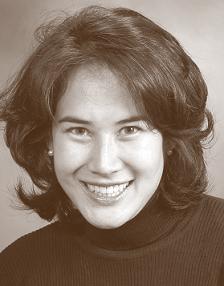 February 8, 2006
February 8, 2006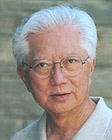 February 16, 2005
February 16, 2005 February 11, 2004
February 11, 2004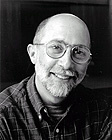 February 12, 2003
February 12, 2003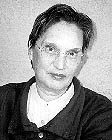 February 1, 2001
February 1, 2001 February 1, 1997
February 1, 1997 February 1, 1996
February 1, 1996